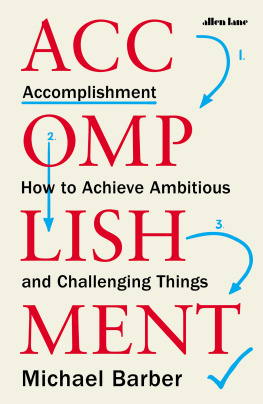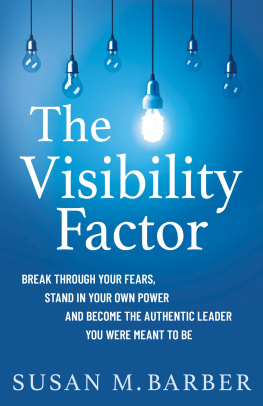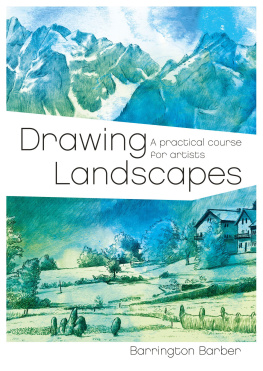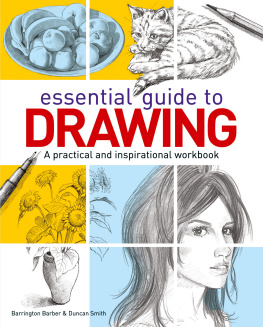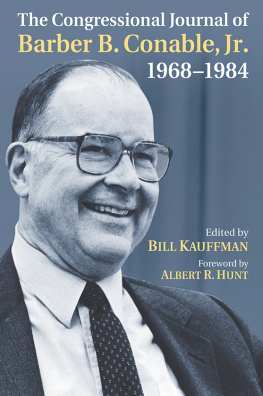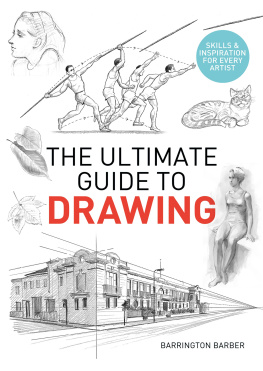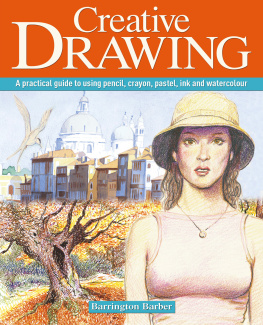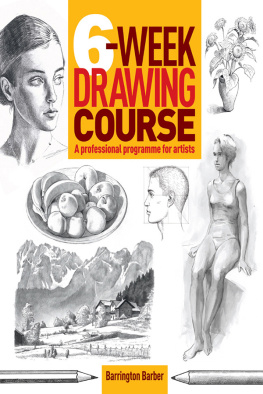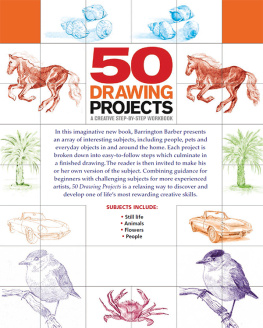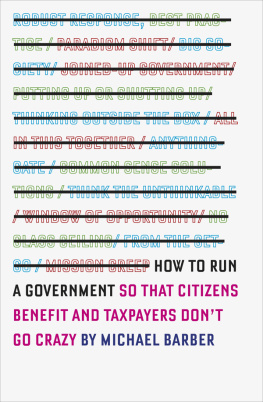About the Author
Sir Michael Barber is a global expert on the implementation of ambitious change in large, complicated systems. He has advised governments on every continent and also worked with major private-sector organizations, schools and universities in Britain and the US. In addition, Barber has advised Team Sky, the elite cycling team, and since 2016 he has been a member of the Football Associations Technical Advisory Board, which helps the FA prepare Englands teams, both men and women, for major tournaments.
Michael Barber
ACCOMPLISHMENT
How to Achieve Ambitious and Challenging Things

PENGUIN BOOKS
UK | USA | Canada | Ireland | Australia
New Zealand | India | South Africa
Penguin Books is part of the Penguin Random House group of companies whose addresses can be found at global.penguinrandomhouse.com.

First published by Allen Lane in 2021
Copyright Michael Barber, 2021
The moral right of the author has been asserted
Cover design: C. B-Smith
ISBN: 978-0-141-99128-3
This ebook is copyright material and must not be copied, reproduced, transferred, distributed, leased, licensed or publicly performed or used in any way except as specifically permitted in writing by the publishers, as allowed under the terms and conditions under which it was purchased or as strictly permitted by applicable copyright law. Any unauthorized distribution or use of this text may be a direct infringement of the authors and publishers rights and those responsible may be liable in law accordingly.
To my parents, and my Quaker heritage
Introduction
We know what trembles in the scales,
What has to be accomplished.
Anna Akhmatova, poet
6 MAY 2016, LOCHGILPHEAD TO LAMLASH
Im a few days into a three-week cycle ride from Fort William, Scotland, home to Devon, England, via the Lake District and the west coast of Wales. Various friends, my brothers and one of my daughters will join me for different parts of the ride, or for the days spent climbing mountains. This day my friend Josh Lewis is with me. Ben Nevis is already behind us, Scafell Pike and Snowdon are to come. That evening, I write:
Definitely the best days cycling Ive ever had! Incredible scenery, beautiful weather 90km of wonderful terrain and 900 metres of ascent
The first 20km from Lochgilphead to Tarbert were magical, a quiet road heading south down the Kintyre peninsula with the loch on our left oystercatchers in zigzag flight and gentle hills and woodland on our right. The sea was still. Strong scent of salt-water and seaweed in the fresh air
After coffee, we took a road that was quite simply beautiful moorland and woodland on either side and a wonderful view of the Arran hills directly ahead. I heard a cuckoo in the woods, the first Ive heard for years.
That was just one day in three wonderful weeks. The west of Scotland, the west of Wales and the west of England have a lot in common, and I saw it all: stone bridges over bright rivers; rolling hills and ancient, granite mountains; high, lonely moorlands where the wind whistles in your ears; lovely coastlines and beautiful estuaries; hillsides of sheep and drystone walls; forests and woods, both deciduous and evergreen not to mention the welcoming, generous-hearted people. The west is another country, I thought, as I turned the pedals through those hundreds of miles.
My book How to Run a Government, based on my experience of working with governments around the world, had been published the year before and well received; people trying to run governments had clearly found it helpful. A thought came to me as I rode: maybe the case made in that book applied equally to the planning of this long cycle ride. My friends Peter and Phil Morrish and I had planned every detail, including ensuring that almost all of the 1,200-kilometre ride was on back roads with minimal traffic and through the kind of scenery Ive just described. It was the way Id chosen to celebrate becoming sixty.
Everything was set for a departure in early September 2015, two months before the landmark birthday, when I was diagnosed with a rare form of skin cancer. Two operations followed in quick succession and then, in September, radiotherapy replaced the cycle ride. By Christmas I was through the worst just a question of regular check-ups from then on and getting back to normal life with, perhaps, an even greater determination to accomplish things that mattered to me.
Just as so often happens in government or business, a crisis had knocked me off course; and just as in government, a vision, clear goals, a good plan and what Sir David Brailsford calls sheer bloody-mindedness can ensure you get up again and accomplish the ambition anyway. From January onwards, I worked to get fit to do the ride in 2016 instead. On May Day we set off. And so it was that, on the long cycle ride south, the seeds of a future book about accomplishment for everyone began to germinate.
I remembered too that a decade or so earlier, while I was teaching a class at the Higher School of Economics in Moscow on how to get things done in government, the students were sceptical. A Brit dropping into Moscow to argue that government could be different and better cut little ice. Politely, the students were saying, Good try, Michael, and thanks for making the effort but at least in Russia dont hold your breath. With good reason, given their history, Russians in general are wearily cynical about government. They dont have much time for politicians or bureaucrats, though they make an exception for Viktor Chernomyrdin, who resigned after six years as prime minister in the 1990s commenting only that We tried to do better, but everything turned out as usual.
The students changed the subject to their own achievements, saying, We love the process you describe. We can apply it to ourselves and what we want to do. We can adapt it and use it to accomplish our own goals in life. They were right. I started to discover that so much of what I read, in diverse fields and throughout history, showed that there really is a pattern to accomplishment.
By the end of the cycle ride, I felt a deep love for the country Id seen from my bike. A month after I got home came the Brexit referendum, and Britain descended into a political stalemate which lacked generosity of spirit and undermined our individual and collective sense of confidence. My patriotism didnt falter, but it felt more desperate. The gap between vision and reality seemed vast.
Now that this book is written and Britain has moved on, if only into another (much bigger) crisis, I hope that many individuals and organizations will find that what I have written assists them in setting and fulfilling their own bold, aspirational goals, and that those goals collectively will ensure we come through the Covid-19 crisis, and the climate crisis still to come, strong and determined to be an innovative, diverse, inclusive, vibrant, fair and generous country.
And, as the final chapter argues, we need to create a future for ourselves, and for all of life on earth, which both affirms humanity and establishes for it a humble, creative and sustainable way of life on this fragile and beautiful planet. That challenge was becoming apparent before the Covid-19 pandemic; now there can be no doubt. In Anna Akhmatovas words, written in 1942, at the height of a previous global crisis:

